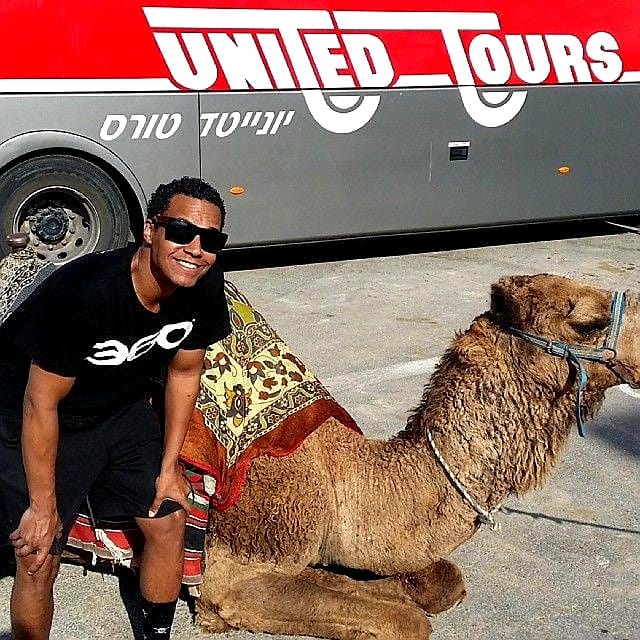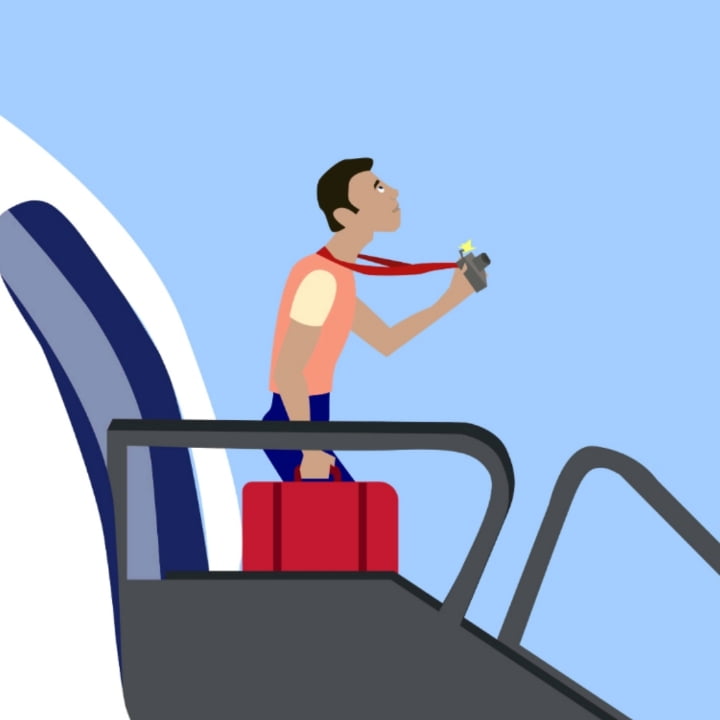It’s a scary time to travel. Despite getting less media attention with each passing day, the pandemic still affects your health while on the road. Now, increased international tensions and conflict make leaving your comfort zone even more problematic. What happens if you get stranded abroad? While you can’t avoid every snafu, there’s plenty that […]














